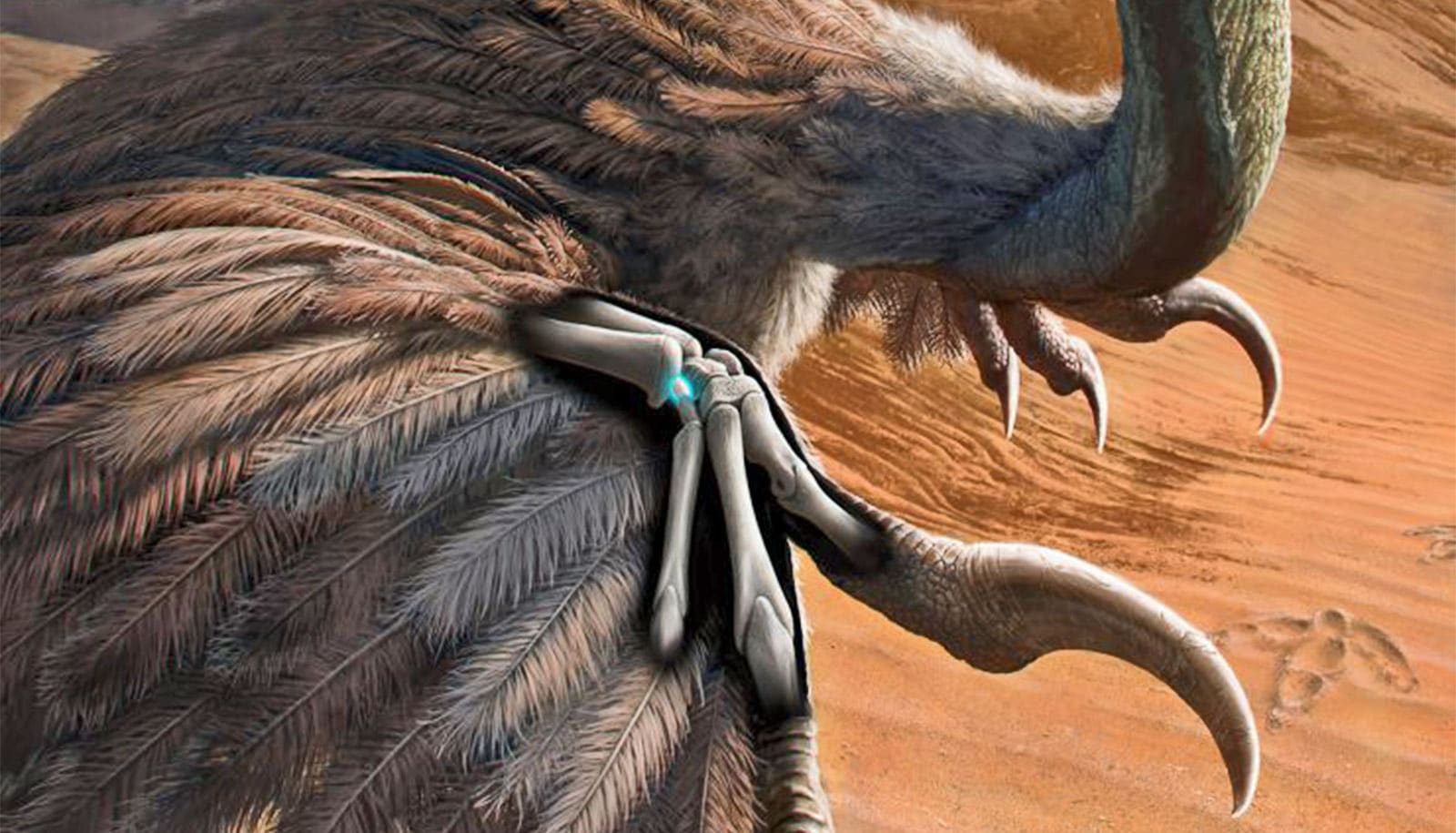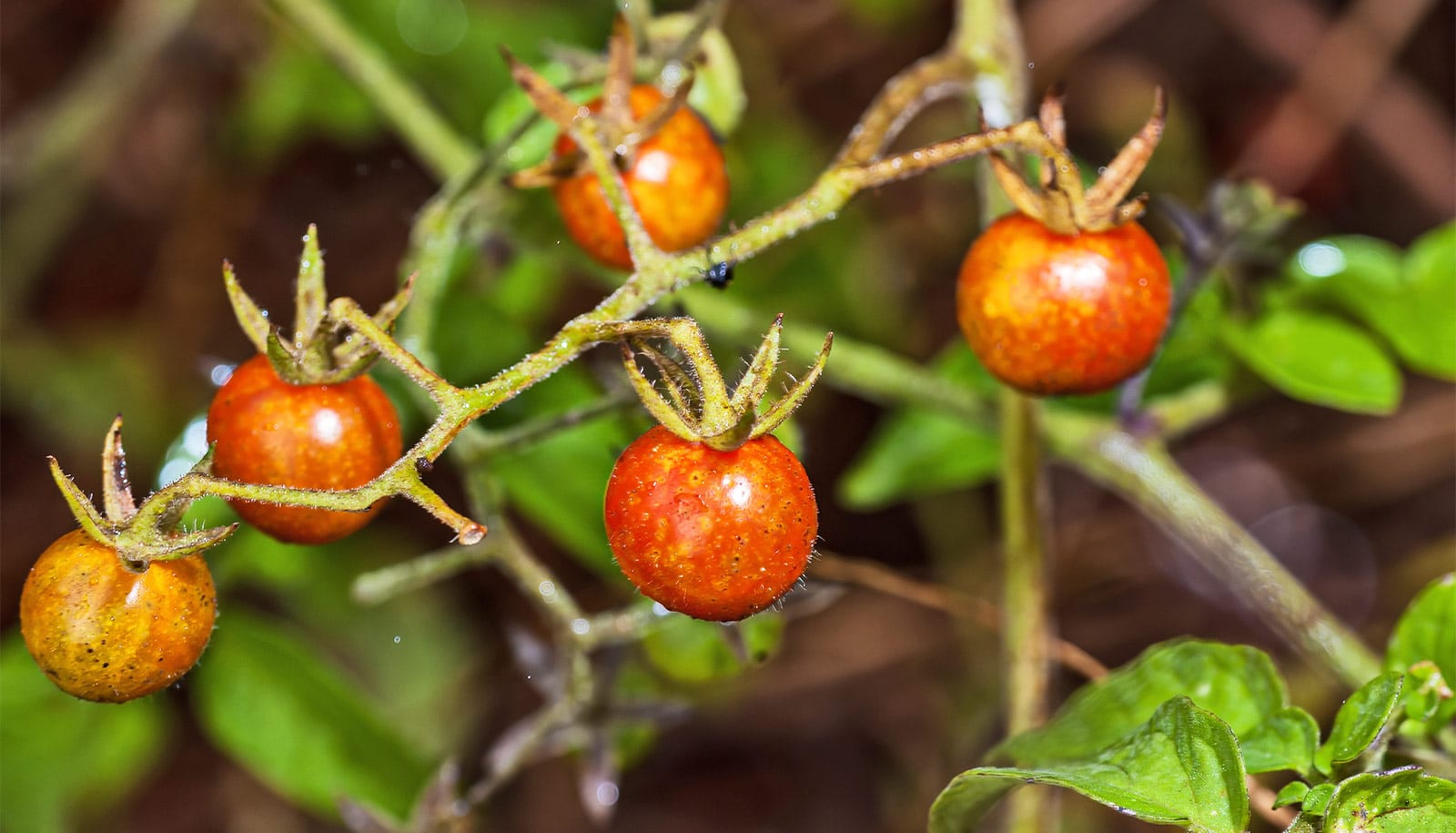Ancient people may have altered the evolution of crops around 30,000 years ago, about 10,000 years before experts previously thought, new research suggests.
“This study changes the nature of the debate about the origins of agriculture…”
Robin Allaby, a professor in the University of Warwick’s School of Life Sciences, has discovered that human crop gathering was so extensive as long ago as the last Ice Age, that it started to have an effect on the evolution of rice, wheat, and barley—triggering the process that turned these plants from wild to domesticated.
In Tell Qaramel, an area of modern day northern Syria, the research demonstrates evidence that humans affected einkorn’s evolution up to thirty thousand years ago, and affected rice’s evolution more than thirteen thousand years ago in South, East, and Southeast Asia.
Furthermore, humans altered the evolution of emmer wheat 25,000 years ago in the Southern Levant—and barley in the same geographical region over 21,000 years ago.
The researchers traced the timeline of crop evolution in these areas by analyzing the evolving gene frequencies of archaeologically uncovered plant remains.
Wild plants contain a gene which enables them to spread or shatter their seeds widely. When plant-gathering begins on a large scale, this human activity alters its evolution, changing this gene and causing the plant to retain its seeds instead of spreading them—thus adapting it to the human environment, and eventually agriculture.
Allaby and his colleagues made calculations from archaeobotanical remains of the crops mentioned above that contained ‘non-shattering’ genes—the genes which caused them to retain their seeds—and found that human gathering had already started to alter their evolution millennia before previously accepted dates.
Neolithic crops in Fertile Crescent weren’t just cereals
The study shows that crop plants adapted to domestication exponentially around 8,000 years ago, with the emergence of sickle farming technology, but also that selection changed over time. It pinpoints the origins of the selective pressures leading to crop domestication much earlier, and in geological eras considered inhospitable to farming.
The findings prove the existence of dense populations of people at this time.
“This study changes the nature of the debate about the origins of agriculture, showing that very long-term natural processes seem to lead to domestication—putting us on a par with the natural world, where we have species like ants that have domesticated fungi, for instance,” Allaby says.
The researchers report their findings in the journal Philosophical Transactions of the Royal Society B.
Source: University of Warwick



